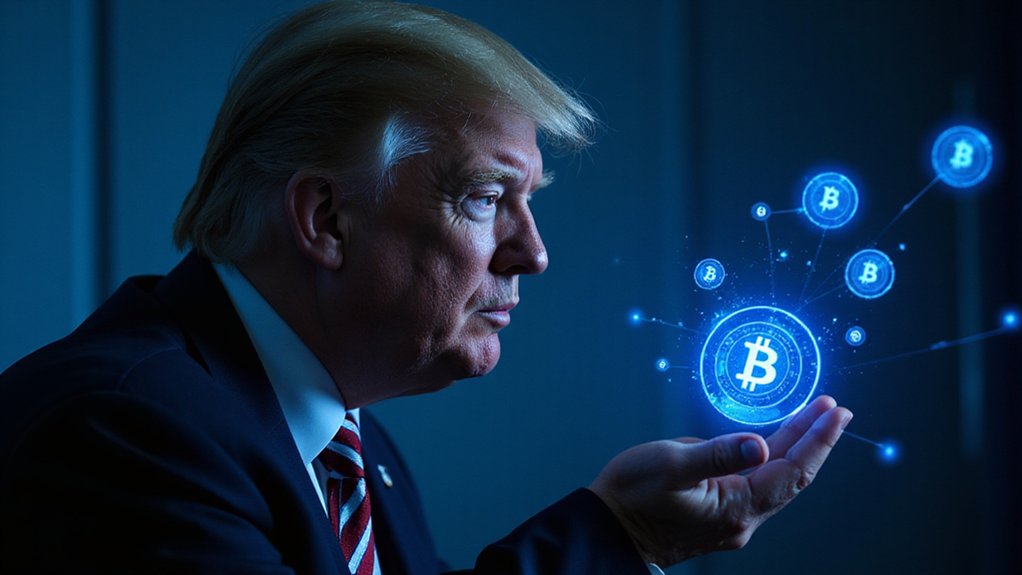Few corporate matchups seem as incongruous as a digital currency issuer squaring off against a storied Italian football club, yet Tether’s challenge to Juventus represents something far more significant than a mere clash of industries.
The stablecoin giant, boasting $118.4 billion in reserves and commanding roughly 70% of the stablecoin market, has positioned itself as an unlikely arbiter of corporate governance within Turin’s legendary football institution. Tether’s intervention comes amid mounting pressure on Juventus’s traditional power structure, where decades-old hierarchies now face scrutiny from an entity that didn’t exist until 2014—a timeline that would be amusing if the financial stakes weren’t so substantial.
A decade-old digital upstart wielding billions now dictates terms to Italian football royalty spanning generations.
Paolo Ardoino, Tether’s Chief Technology Officer, and the broader leadership team under CEO Jean-Louis van der Velde have demonstrated remarkable audacity in challenging established football aristocracy. Their company, which generated $5.2 billion in profits during the first half of 2024 alone, possesses the financial ammunition to back its governance demands with genuine leverage. Ardoino’s recent promotion to CEO in October 2023 marks a shift in leadership that coincides with Tether’s increasingly assertive corporate strategy.
The irony runs deeper when considering Tether’s own transparency challenges—a company that has faced regulatory penalties for inadequate reserve audits now demanding greater accountability from Juventus’s board structure. Yet this apparent contradiction may actually strengthen Tether’s position; having navigated regulatory scrutiny while maintaining market dominance, the company understands institutional reform pressures intimately.
Tether’s expansion across fourteen blockchain protocols demonstrates the technological sophistication and operational complexity that modern corporate governance requires. The company’s ability to maintain stability in volatile cryptocurrency markets (surpassing Bitcoin in trading volume by 2019) suggests expertise in managing institutional pressures that traditional football clubs increasingly face. Tether’s position as the first blockchain-enabled platform for digital use of traditional currencies provides unique insights into bridging legacy financial systems with modern governance structures. As stablecoins continue to process $8 trillion annually in value transfers, their institutional significance extends far beyond cryptocurrency markets into traditional corporate governance.
What emerges is less about football and more about evolving corporate power dynamics. Tether represents new money challenging old institutions, digital innovation confronting established hierarchies, and global cryptocurrency influence penetrating traditional European sports governance.
The British Virgin Islands-based entity’s pursuit of board influence reflects broader shifts in how financial technology companies view their expanding institutional roles.
Whether Juventus’s old guard can withstand pressure from a company commanding $114 billion in market capitalization remains uncertain, but the challenge itself signals fundamental changes in corporate influence patterns across traditionally insular industries.









